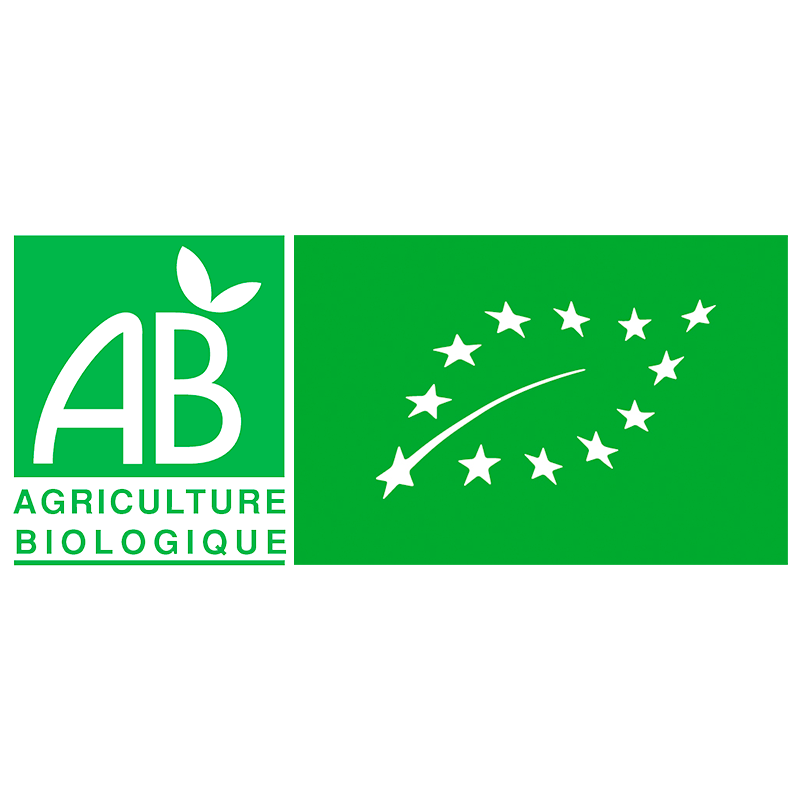Domaine la Cabotte is named for the small stone shelters and tool sheds used by growers in the vineyards. Purchased in 1981 and owned by the Burgundian Plumet family ever since, this winery has grown from 10 to 30 hectares of vines planted around the estate, as well as 1.5 hectares in Châteauneuf-du-Pape. It is certified organic and farmed biodynamically. The mainly limestone and sandy soils of the plateau of the Massif d’Uchaux are very poor in nutrients, producing wines of real finesse and elegance.
Presentation
Presentation
Marie-Pierre and Eric use the lunar calendar as a guidepost for appropriate natural vine treatments. Keeping the yields low, an uncommon practice in the high-yielding Côtes-du-Rhône, is paramount to their philosophy. They prune aggressively in the winter, de-bud in the spring and perform a green harvest in the summer. After the harvest, all of the grapes are sorted rigorously (once in the vineyards, another at the winery) and are de-stemmed. Fermentation takes place quickly, and the must is pumped-over twice a day. The wines then go through a post-fermentation maceration of six to seven days to soften the tannins. The wines are aged in tanks and bottled in the spring.
Terroir
The terroir of our Côtes du Rhône Blanc is composed of siliceous sandstone and calcareous sandstone. These stony, sandy-clay soils facilitate good rooting and a balanced water regime.
In the vineyard
To express all the particularities of the terroir, and the typicity typicity of the vineyard (45ha in a single block, including 30 hectares of vines), they maintain a harmonious ecological balance, respecting the natural cycles of the earth to constantly regenerate and renew the life soil life. This is the basis of the commitment to organic and and biodynamic viticulture.
Winemaking
The grapes are picked very early in the morning to avoid the heat of the day. The grapes are then slowly pressed. After cold settling for 72 hours, the must is fermented in jars in 250 to 500 litre jars. Fermentation continues for several weeks.
Ageing
At the end of fermentation, the coarse lees are removed and ageing can begin on the fine lees. The maturing process for around ten months in the vinification jar.
Varietal
Clairette : 100%
Specifications
Alcohol content : 13.5 % vol.
Contains sulphites. Does not contain egg or egg products. Does not contain milk or milk-based products.
Contains sulphites. Does not contain egg or egg products. Does not contain milk or milk-based products.

Advice
Serving
T° of service: 12°C / 54°F.
Ageing potential
Enjoy all year long, 5 years
Tasting
A lovely golden colour, with a nose of pear blossom. On the palate, very pronounced minerality, quince and citrus aromas enhanced by a few menthol notes. This is a wine to be enjoyed with white meats or shellfish, and with with white meats, shellfish and fish in a cream sauce. dry cheeses.
Food pairings
White meats, fish, cheeses.

